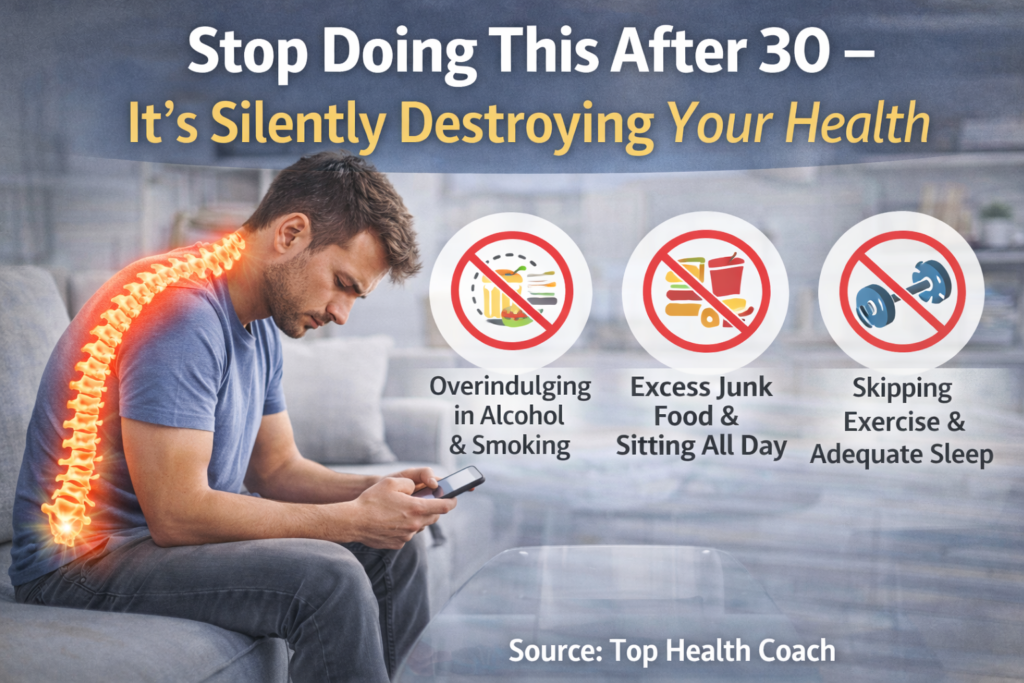Anxiety disorders are among the most common mental health conditions worldwide, affecting millions of people across all age groups. While occasional anxiety is a natural part of life—helping you prepare for challenges or stay alert in risky situations—persistent, excessive, or uncontrollable anxiety may indicate an anxiety disorder. Understanding the causes, symptoms, treatment, and types of anxiety disorders is essential to managing this condition and improving mental well-being.

What are Anxiety Disorders?
Anxiety disorders refer to a group of mental health conditions characterized by extreme fear, worry, or nervousness that disrupts daily life. Unlike temporary stress or nervousness, these disorders persist and often intensify without proper treatment.
When left unmanaged, anxiety disorders can affect relationships, careers, physical health, and overall quality of life.
Causes of Anxiety Disorders
There is no single cause of anxiety disorders. Instead, they result from a combination of genetic, biological, environmental, and psychological factors:
- Genetics – A family history of anxiety disorders or other mental health conditions increases the risk.
- Brain Chemistry – Imbalances in neurotransmitters like serotonin, dopamine, and GABA may contribute to anxiety.
- Stressful Life Events – Trauma, loss of a loved one, abuse, or chronic stress can trigger anxiety disorders.
- Medical Conditions – Thyroid problems, heart disease, or substance abuse can mimic or worsen anxiety symptoms.
- Personality Traits – Individuals who are perfectionists or have low self-esteem may be more prone to developing anxiety disorders.
Symptoms of Anxiety Disorders
The symptoms of anxiety disorders vary depending on the type, but common signs include:
- Excessive worrying or fear
- Racing thoughts
- Restlessness or irritability
- Difficulty concentrating
- Trouble sleeping (insomnia)
- Muscle tension or headaches
- Sweating, trembling, or rapid heartbeat
- Panic attacks (in some cases)
When these anxiety symptoms last for months and interfere with everyday life, seeking professional help is crucial.
Types of Anxiety Disorders
There are several types of anxiety disorders, each with unique features:
1. Generalized Anxiety Disorder (GAD)
Individuals with generalized anxiety disorder experience persistent and excessive worry about everyday situations such as work, finances, or health.
2. Panic Disorder
This involves sudden and recurring panic attacks—episodes of intense fear accompanied by chest pain, sweating, dizziness, or shortness of breath.
3. Social Anxiety Disorder
People with social anxiety disorder have an intense fear of social situations, often worrying about embarrassment, judgment, or rejection.
4. Specific Phobias
A phobia is an extreme, irrational fear of a particular object or situation, such as flying, spiders, or heights.
5. Obsessive-Compulsive Disorder (OCD)
Though often considered separate, OCD is closely linked to anxiety disorders. It involves unwanted thoughts (obsessions) and repetitive behaviors (compulsions).
6. Post-Traumatic Stress Disorder (PTSD)
PTSD develops after experiencing or witnessing trauma. It includes flashbacks, nightmares, and heightened anxiety.
7. Separation Anxiety Disorder
Mostly seen in children, this involves intense fear when separated from loved ones. Adults can experience it too.
Treatment for Anxiety Disorders
Managing anxiety disorders usually requires a combination of therapies, lifestyle changes, and sometimes medications.
1. Psychotherapy
- Cognitive Behavioral Therapy (CBT): Helps patients identify and change negative thought patterns.
- Exposure Therapy: Gradually exposes individuals to feared situations to reduce anxiety.
2. Medications
- Antidepressants (SSRIs, SNRIs)
- Anti-anxiety medications (Benzodiazepines)
- Beta-blockers (to manage physical symptoms like rapid heartbeat)
3. Lifestyle Changes
- Regular exercise
- Adequate sleep
- Reducing caffeine and alcohol
- Practicing meditation, yoga, or deep breathing
4. Support Groups
Connecting with others experiencing anxiety disorders can provide relief and coping strategies.
Coping Strategies for Anxiety Disorders
Apart from medical treatment, self-help strategies can make a huge difference in managing anxiety disorders:
- Mindfulness Meditation – Staying present helps reduce constant worrying.
- Time Management – Reduces the pressure of overwhelming tasks.
- Healthy Eating – Nutrient-rich foods can improve brain function and mood.
- Journaling – Writing down worries can help release negative emotions.
- Limiting Screen Time – Excessive news or social media may worsen anxiety.
When to Seek Professional Help
It’s important to seek professional help if:
- Anxiety symptoms persist for more than six months.
- Panic attacks or phobias interfere with daily life.
- Anxiety leads to substance abuse, depression, or suicidal thoughts.
A licensed therapist, counselor, or psychiatrist can provide proper diagnosis and create a treatment plan tailored to individual needs.
FAQs on Anxiety Disorders
What are the main causes of anxiety disorders?
Anxiety disorders often result from genetics, brain chemistry, stressful life events, and medical conditions.
What are the most common symptoms of anxiety disorders?
Excessive worrying, panic attacks, rapid heartbeat, sweating, insomnia, and restlessness are common anxiety symptoms.
Can anxiety disorders be cured?
While there is no permanent cure, anxiety disorders can be effectively managed with therapy, medication, and lifestyle changes.
What is the best treatment for anxiety disorders?
Cognitive Behavioral Therapy (CBT) combined with medication and stress-reduction techniques is considered most effective.
Can lifestyle changes really help reduce anxiety disorders?
Yes. Regular exercise, mindfulness, healthy eating, and good sleep play a huge role in controlling anxiety disorders.
Conclusion
Anxiety disorders are more than just nervousness—they are serious mental health conditions that require awareness, compassion, and treatment. By understanding the causes, symptoms, treatment, and types of anxiety disorders, individuals can take proactive steps toward better mental health.
Whether through therapy, medication, or lifestyle changes, overcoming anxiety disorders is possible with the right support and guidance. If you or someone you know is struggling, don’t hesitate to reach out to a professional for help.



